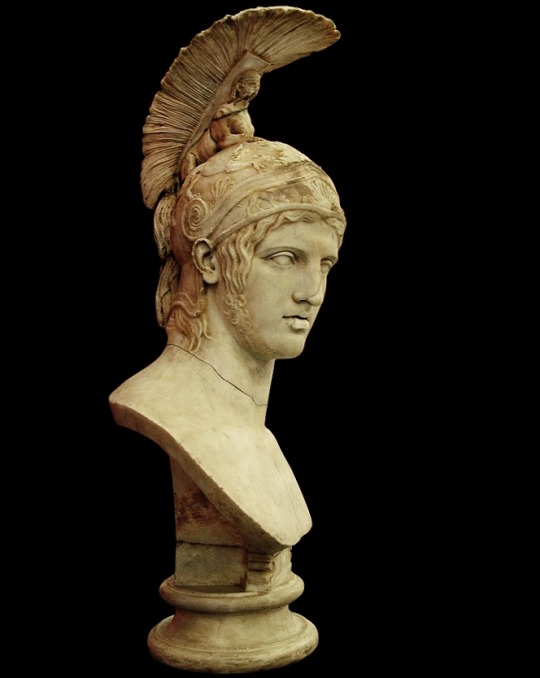drownedfleet
1K posts
hadestown, hades supergiant, pjo, homeric epics; i love em all
Last active 60 minutes ago
Don't wanna be here? Send us removal request.
Text

Wrath of Apollo
(Some notes: The infinite sign shape above is Ouroboros, a snake eating its own tail, historically a symbol of infinity or the cycle of life, death and rebirth. I chose to put it there because the duality of death and rebirth corresponds to Apollo as the god of light but also god of plague. The name “apollo” itself has the meaning of the “destroyer” too. Snake is also an animal related to Apollo in myths.)
2K notes
·
View notes
Text
Acknowledging that “critical thinking” means “thinking about things in a thorough way from different perspectives” and not “finding every flaw in a thing and fixating on it until all the joy is gone” is so liberating.
It’s supposed to be about intellectual curiosity, not about finding ways to devalue things that aren’t perfect or that we personally dislike.
36K notes
·
View notes
Text
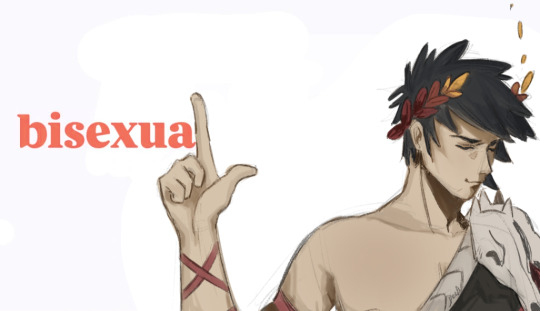
a zag for these trying times
where did they put my boy :(
130 notes
·
View notes
Text
Patrochilles sex to me is like those videos of people riding mechanical bulls
1K notes
·
View notes
Note
hiya! i love your blog 💚 i had a question about the gods in the homeric epics. i believe the epics are set during the mycenaen era and i thought the common beliefs of that time was poseidon as ruler of land and sea, rather than zeus as head of the olympians. i just wanted to first ask to see if thats right and second to understand how that ties in with homer's epics. i imagine that because the beliefs of his own time had the 12 olympians with zeus as the leader, he included that, and possibly didnt know about the previous worship of poseidon. how would that play into the historical accuracy and understanding the bronze age collapse that is told through the epics? idk i just wanted to know if you had any thoughts on this because i love reading your analyses!
Aww thank you you are so sweet and so kind for saying that! I am honored you like my blog and the way that I conduct my posts!
Well to be fair even in Homer we have mentions of Poseidon as "earth shaker" aka the one responsible for earthquakes and therefore the formation of earth and to be fair Poseidon was always the god of earth and sea given the epithets he has (see my other answer to an ask for it):
I do see mentions about Poseidon from time to time but I wanna cross-check with the epigraphic evidence more thoroughly. However Zeus also appears as a name to mycenean tablets not to mention that his name comes from "shine" or "divine" so I am not entirely convinced that Zeus was supposed to have a different position in Mycenean times than he does to the pantheon we know but I will need to dive deeper to it. That being said of course Homer is known for adding certain anachronisms to his text or rather adding details or evidence he himself is more familiar with rather than creating a perfect documentary of Mycenean times that was like half a century behind him but in his texts he does refer to Poseidon as the god associated with the sea and the land. Zeus's domain is the heavens and the realm of heavens and anything that comes with it. Poseidon is mostly associated with our physical world, our earth and Hades or Pluton is associated with the Underworld and the world of the dead. Somehow the three brothers are associated with the three main pillars of our world
Now as for the worshipping processes and all we could assume he speaks on things he was familiar with given that we do not have evidence that these were also done in Mycenean times although to be fair the sacrifices seem to be pretty standard throughout antiquity so maybe there is some historical continuation there. It is hard to pintpoint how much Homer knew on his ancient past and if he did know why he chose to transfer anachronisms (was it a conscious choice to make his poems accessible to his public or was it indeed some gaps in his knowledge that he filled himself?)
However I find it fascinating that Homer seems very knowledgable on certain things. For instance he describes thoroughly the helmet Odysseus wears which corresponds to boar tusk helmets, he speaks on kingdoms and the independent circles of their influence or even the semi-independence of elite within the same kingdom (all which seems to be a hypothesis backed by the archeological data) and he mentions tin or bronze and simultaneously he mentions iron. Now iron of course was not widedly used in that time but we do find evidence of scarce use of iron outside Hitite empire see for example the new kingdom tomb of Tutankhamun that has the dagger made from meteorite iron. So could it be a hint that sometimes this iron business inserts itself to the world? Perhaps. I did play with it in my story here:
However it does seem like Homer has some anachronism there as well as certain ideas in regards to ruling and such. It seems to me he knows plenty of stuff so some of his choices seem to be more conscious than anything else so that his work would appeal to his contemporary listeners but we can also assume some lack of evidence on some aspects
So the worship of gods could be one of them, We do see some of the gods that do not have an actual evidence in linear b language to appear to his texts such as Aphrodite, Apollo etc that unfortunately we haven't found steady evidence or connection to their names in Linear b even though we find cults of bronze age that could still be connected to certain gods (for example the worshipping of Gaea as a chthonic deity in Delphi goes almost as far back as that if not more) But is really hard to tell for sure how much of it is actual evidence and how much is anachronism in regards to certain gods.
I will definitely have to delve deeper to it though!
6 notes
·
View notes
Text

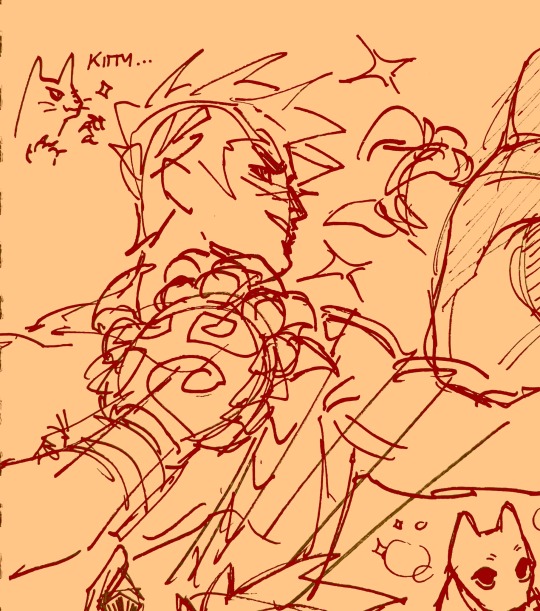

zagreus can be both kitty AND doggy. in my heart.
946 notes
·
View notes
Text

Baby Achilles and mythologically accurate Chiron except he looks very cursed
2K notes
·
View notes
Text
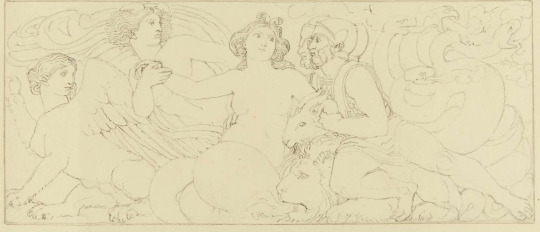
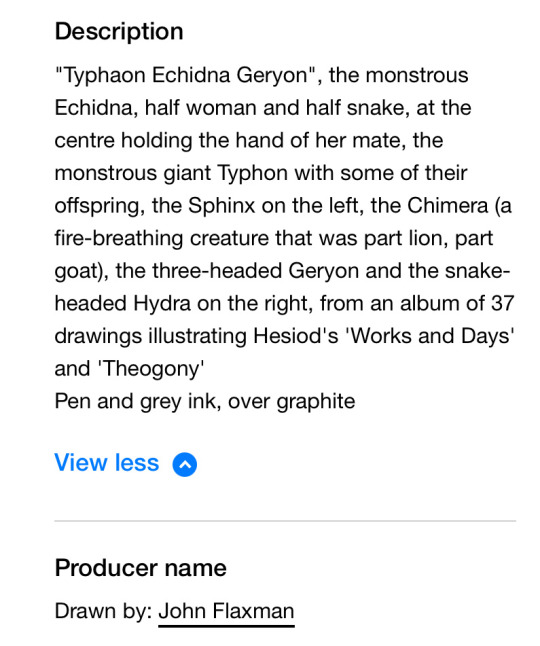
Echidna surrounded by her family, strangely wholesome.
26 notes
·
View notes
Text
I think the most important thing I learned this week is that the root of the word 'Mycenae' is the same as mushroom (think mycology for example), possibly because Perseus found a mushroom there, which means whenever we talk about Mycenaean times or the Mycenaean civilization, we are talking about Mushroom times and the Mushroom civilization
70 notes
·
View notes









